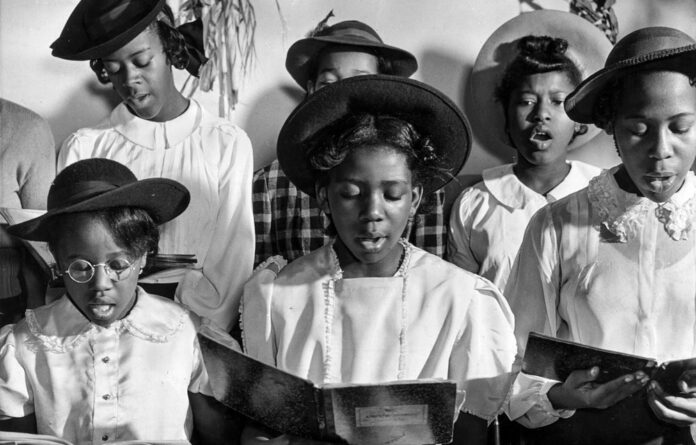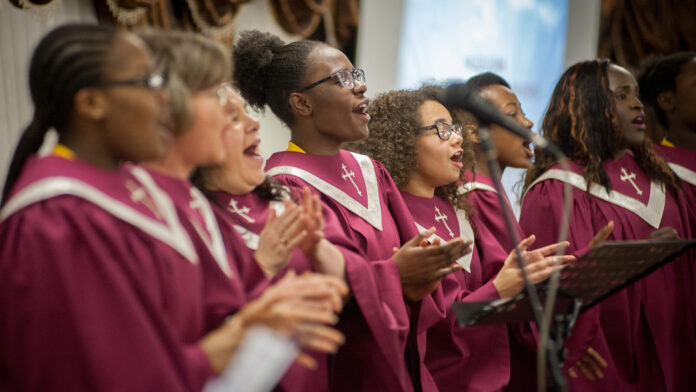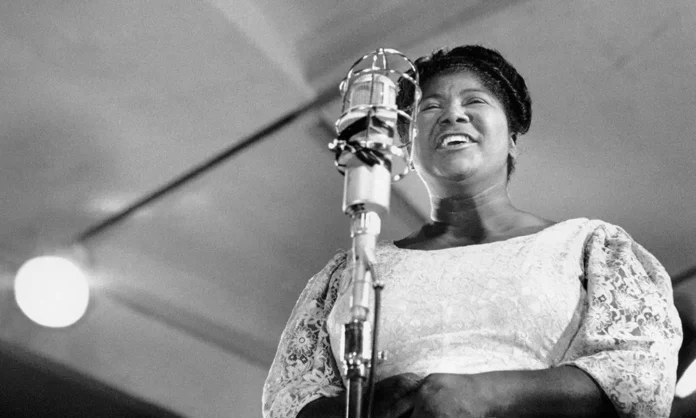Gospel music is a powerful genre that has a rich history deeply rooted in African American culture and the Christian faith. It has served as a source of comfort, inspiration, and resilience throughout history. From its humble beginnings as spirituals sung by enslaved Africans to its vibrant presence in contemporary music, gospel music continues to touch the hearts and souls of people around the world.
The Origins: Spirituals
The foundation of gospel music can be traced back to the spirituals, which were songs of faith sung by enslaved African Americans during the 18th and 19th centuries. These spirituals served as a means of communication, expressing the pain, hope, and longing for freedom experienced by the enslaved population. Often performed in a call-and-response style, spirituals featured powerful melodies and heartfelt lyrics that conveyed messages of perseverance and the belief in a better future.
The Gospel Era: Birth of a Genre
In the early 20th century, gospel music emerged as a distinct genre, drawing inspiration from both spirituals and the growing Pentecostal movement. It was during this time that African American churches began incorporating lively and rhythmic music into their worship services. These songs became a celebration of faith, with energetic choirs and passionate soloists leading congregations in powerful expressions of devotion.
The Golden Age: Mahalia Jackson and Thomas A. Dorsey

The 1930s and 1940s marked the golden age of gospel, with influential figures such as Mahalia Jackson and Thomas A. Dorsey making significant contributions to the genre. Mahalia Jackson, known as the “Queen of Gospel,” possessed a voice that captivated audiences and brought gospel to the mainstream. Her recordings and live performances showcased the emotional depth and spiritual power of the genre.
Thomas A. Dorsey, often referred to as the “Father of Gospel Music,” was a composer and pianist who played a pivotal role in shaping the sound and structure of gospel music. He combined elements of blues and jazz with religious themes, creating a unique and soul-stirring style. Dorsey’s compositions, such as “Take My Hand, Precious Lord,” became iconic and continue to be sung in churches today.
Gospel Goes Mainstream
In the late 20th century, the gospel underwent a transformation, reaching a wider audience and crossing over into mainstream music. Artists like Kirk Franklin, Yolanda Adams, and Fred Hammond brought a contemporary flair to the genre, incorporating elements of R&B, hip-hop, and pop music. Their innovative approach attracted a new generation of listeners and helped gospel gain recognition on a global scale.

Conclusion
The rich history of gospel music is a testament to the enduring power of music as a form of expression and spiritual connection. From its origins in spirituals to its contemporary hits, gospel music has evolved and adapted while staying true to its roots. Its influence is undeniable, shaping the musical landscape and touching the lives of countless individuals. As we continue to explore the vibrant world of gospel, let us remember and appreciate the profound impact it has had and continues to have on our lives.



